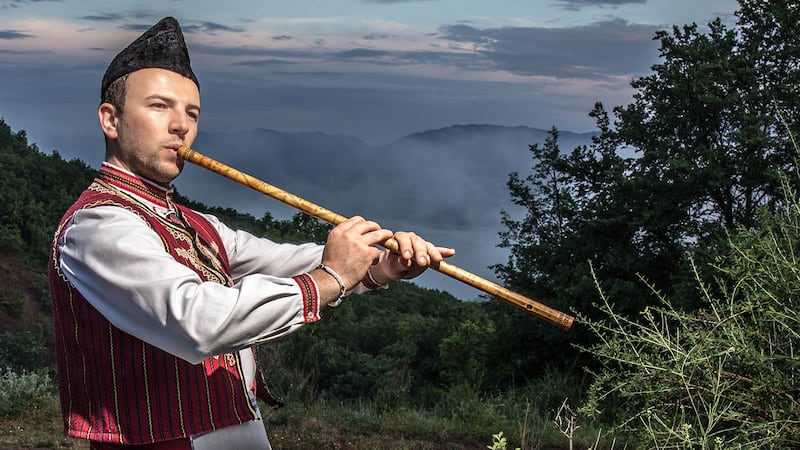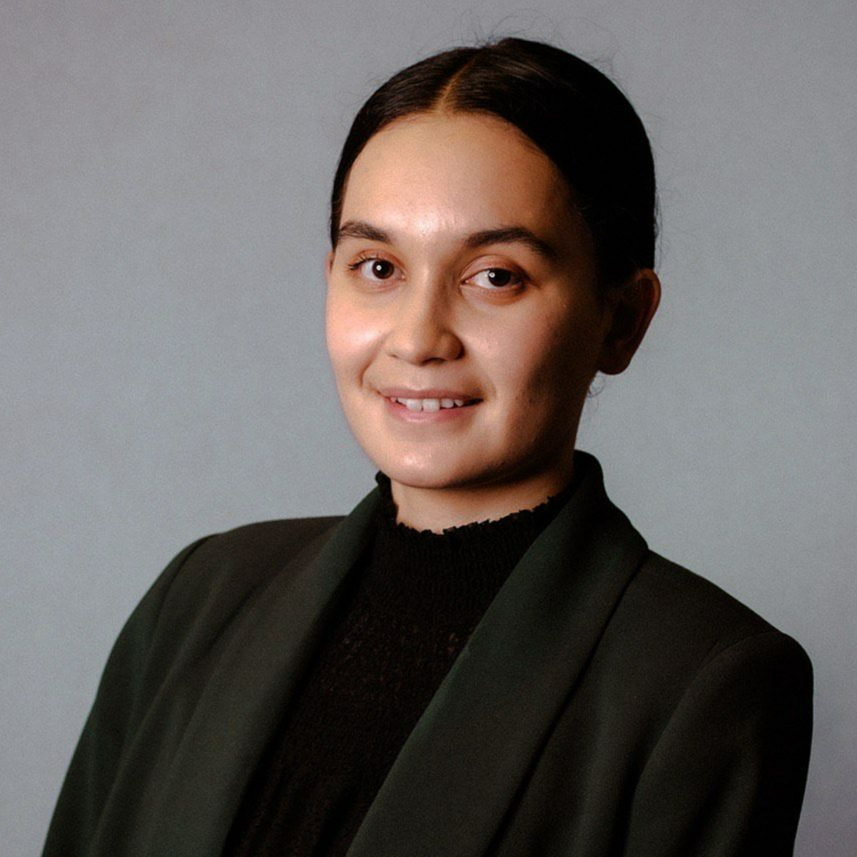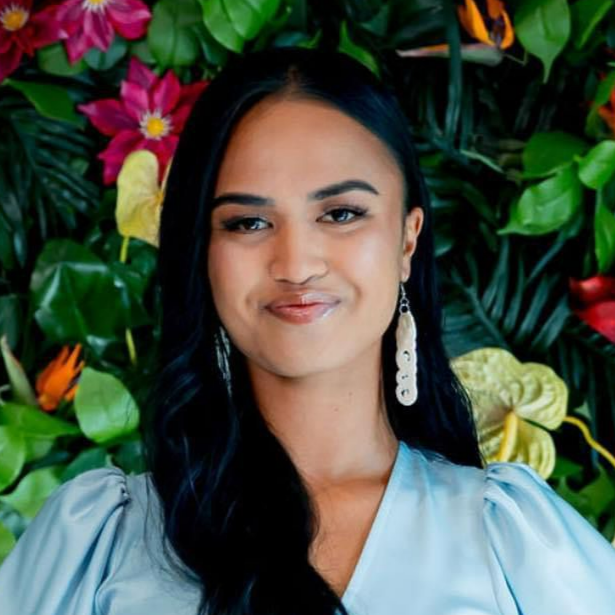A group of researchers from around the world are exploring the similarities of traditional music and language between different cultures.
The project included 75 researchers from 46 countries who recorded themselves performing a chosen piece and it was later analysed.
Speech scientist Suzanne Purdy (Te Rarawa, Ngāi Takoto) was approached by her colleague Dr Patrick Savage about participating in the project.
Purdy said in Te Ao Māori song plays a big part in uniting people and communicating with others.
“Group singing that happens everywhere in the world is a way of bonding people together. This research is testing this idea of singing or song, especially group song because of its social bond of bringing us together.”
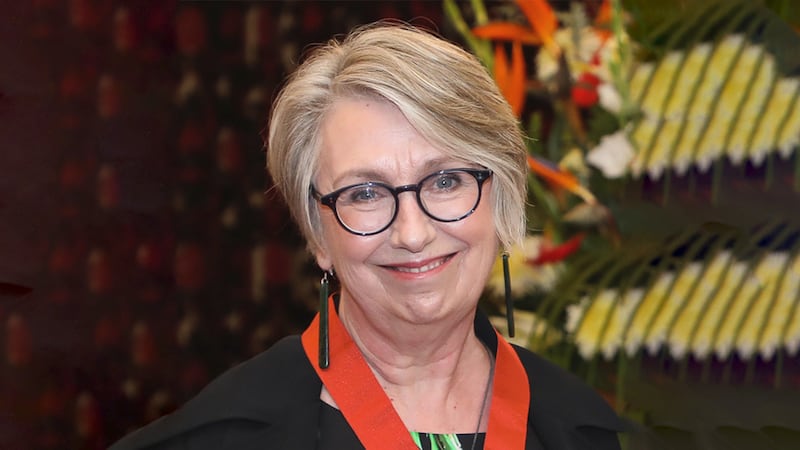
She said the research explored whether other countries and cultures had the same approach.
“We’re testing out whether this happens across the world, so different groups of people, different researchers will be trying this out with different groups of people this idea that singing together will be bring us together better than just talking together.
“It has shown that it’s very universal that people have songs that are different in terms of their characteristics from talking across many different cultures and countries.”
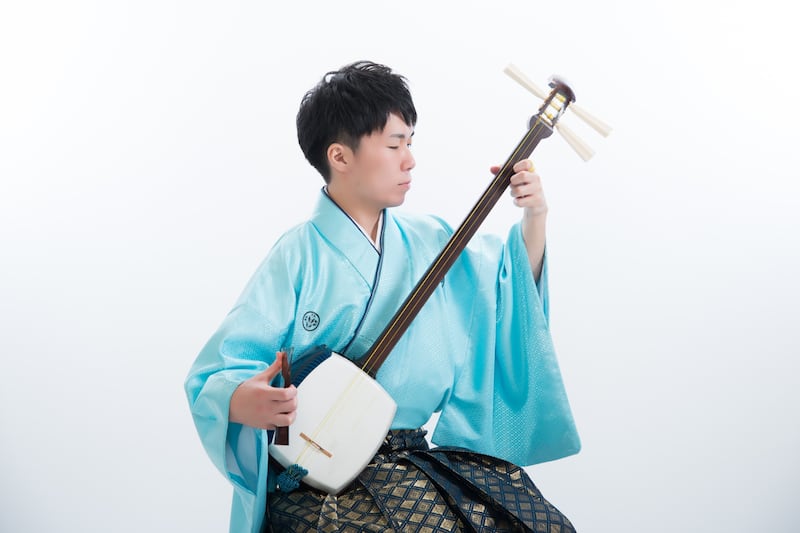
She chose Pōkarekare ana as her piece and found that most of the songs performed by the researchers were love songs and lullabies.
“We had to find a song from our heritage that we knew well to sing it, record it and say, which was a strange thing to do to recite a song you’re used to singing.”
Some 55 languages were used and it included Yoruba, Mandarin, Hindi, Hebrew, Arabic, Ukrainian, Russian, Balinese, Cherokee, Kannada, Spanish, Aynu and many more.
Purdy and her colleague Dr Rob Thorne were the only representatives from New Zealand who participated in the project.
